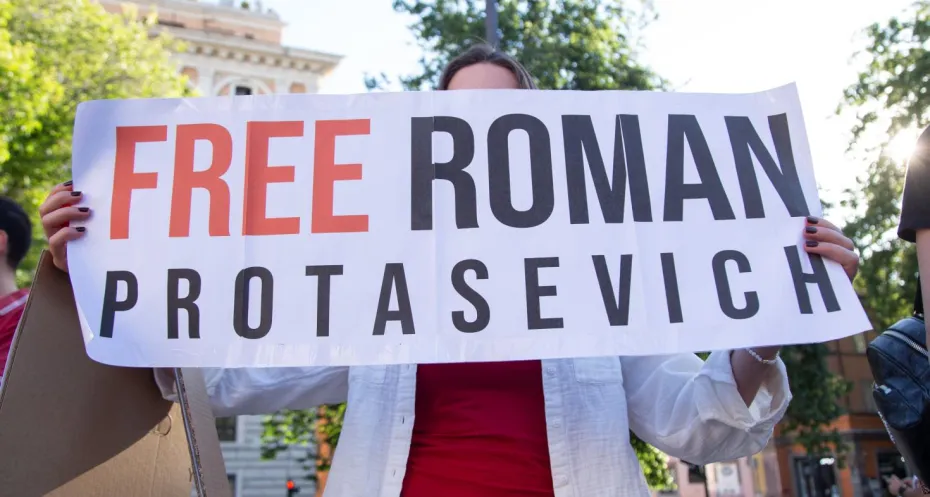Three calls to action to the Netherlands, co-chair of the Media Freedom Coalition

As of January 1st, the Netherlands, together with Canada, will become the new co-chair of the Media Freedom Coalition (MFC), taking over this position from the United Kingdom. At a time when press freedom is under more pressure than ever before, this position comes with great responsibility. We welcome this international attention on the survival of independent journalism and the efforts to protect threatened journalists.
Formed at the Global Conference for Media Freedom in July 2019, the MFC is a partnership of countries working together to advocate for media freedom and safety of journalists and hold to account those who harm journalists for doing their job. The coalition's reason of existence is to defend media freedom where it is under threat.
Press freedom is under pressure worldwide
A great responsibility rests on the shoulders of the MFC; press freedom is under attack from all sides. Independent journalists increasingly find themselves in life-threatening situations. In the Netherlands we witnessed this with the recent murder of Peter R. de Vries. Unfortunately, in many countries in conflict or where the rule of law is weaker, the safety of journalists is in even greater danger. As a result, journalists increasingly face (prolonged) illegal detention, are confronted with violence and, in the worst cases, find themselves in life-threatening situations. Recently, the 1418th journalist since 1992 was murdered (whereby it should be noted that the actual number is even higher, due to the lack of data on journalists killed in some countries).
As co-chair, the Netherlands can take a leading role in striving for concrete improvements in the field of media freedom. Therefore, Free Press Unlimited calls on the Netherlands to pursue the following goals:
The Netherlands becomes the first EU member state to issue emergency visas for journalists in life-threatening situations. Something that fellow chairman Canada already implemented last summer. Journalists in distress have no time to lose and often have to leave the country as quickly as possible. The kidnapping of Belarusian journalist Roman Protasevich and his girlfriend made this painfully clear. As chairman of the MFC as of January 1st 2022, the Netherlands must take the lead and rescue a group of these journalists who are in great danger. This can be done by offering protection to 50 journalists, plus their family members, a year. At the moment, the Netherlands does not offer such a solution for journalists in life-threatening situations even though a majority of the House of Representatives voted in favor of a proposal to investigate this, and the Minister of Foreign Affairs Indicated that he sees the need for it. What is important now is that this solution legally comes into effect.
The Netherlands commits to seeking justice for murdered journalists. Impunity is a major problem around the world. According to UNESCO, 87% of the murders of journalists worldwide are never solved. Such impunity is often due to a lack of political will, corruption, conflicts of interest or a lack of financial resources and strong institutions. As the homeland of the worlds’ City of Peace and Justice and a country that promotes public accountability as an important pillar of its foreign policy, the Netherlands should take the lead in this fight for justice through political pressure on states that do not pursue justice for murdered journalists.
Under the co-chairmanship of the Netherlands, the Media Freedom Coalition shall operate more effectively. The MFC should communicate more clearly with civil society about its activities, political actions, and the way it handles a formal request. That way, other organisations working towards the common goal, in particular the Consultative Network of media freedom organizations, can better coordinate their actions and increase effectiveness. It would also be good if the MFC, under the leadership of the Netherlands, publishes a report that, for example, is published annually and gives insights to concrete results that have been achieved and where more action is needed.
Photo: Matteo Nardone / Pacific Press / Sipa
